When your child decides to “come out,” which is the process where an individual shares his/her identity as a LGBTQ+ person, realize it is an act of courage and trust. How you as a parent (or we as healthcare providers) respond will have a direct impact on his/her physical and mental health. So what can you do to help your LGBTQ+ child?
According to a survey by the Human Rights Campaign (HRC), 91 percent of LGBTQ+ teens are out to their friends, 56 percent are out to their parents, and 26 percent identify rejection by their family as the most important problem in their lives.
Stop and listen
Create an accepting atmosphere, whether at home or in a professional’s office, where your child can discuss his/her fears and concerns. These may include fears of rejection by you and other family members, experiences with bullying by peers or in school, or fears either of you may have about high-risk behaviors – which can lead to discussions about sex. Realize that when it comes to the latter, your child may not be immediately forthcoming so be sure to communicate that you can help them identify support resources, such as the healthcare providers or someone who may be trained in LGBTQ+ health in the community.
Acceptance
While many LGBTQ+ youth do have accepting parents and go to schools that are affirming, for those that don’t have that experience, the health risks can be significant. In a study of LGBTQ+ students in grades 7-12, students who have been bullied at school or are not accepted at home were more than twice as likely to have attempted suicide and have higher rates of depression and substance abuse. Acceptance also can impact school attendance, with up to 20 percent of LGBTQ+ students missing at least one day of school or more in a 30 day period.
Resources
 https://riseandshine.childrensnational.org/wp-content/uploads/2018/01/frowny-face-drawn-in-the-snow-feature.jpg
300
400
Rise and Shine
https://riseandshine.childrensnational.org/wp-content/uploads/2017/11/childrens_riseandshine_logo.jpg
Rise and Shine2024-01-23 07:00:002024-01-23 13:16:01Could your child have seasonal affective disorder?
https://riseandshine.childrensnational.org/wp-content/uploads/2018/01/frowny-face-drawn-in-the-snow-feature.jpg
300
400
Rise and Shine
https://riseandshine.childrensnational.org/wp-content/uploads/2017/11/childrens_riseandshine_logo.jpg
Rise and Shine2024-01-23 07:00:002024-01-23 13:16:01Could your child have seasonal affective disorder?


 Michael Mancilla, LICSW, was a psychotherapist at the
Michael Mancilla, LICSW, was a psychotherapist at the 
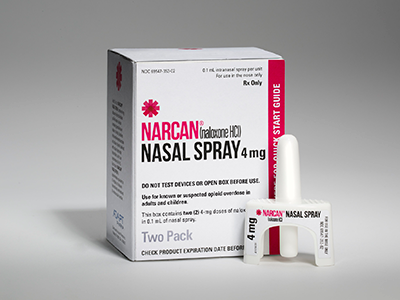
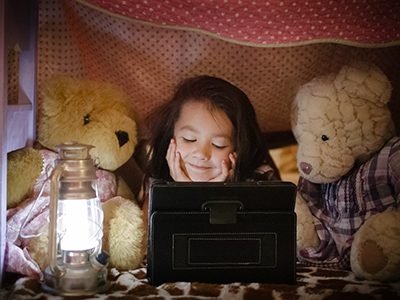








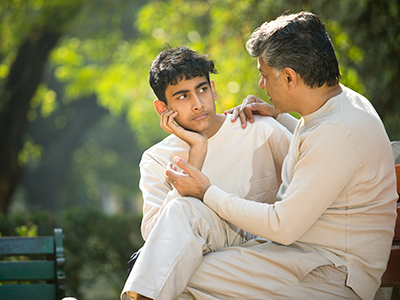


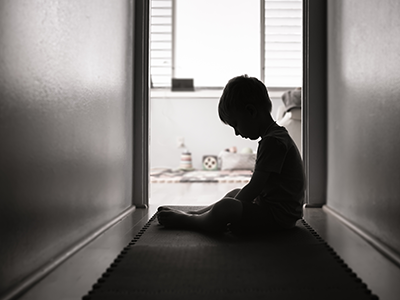
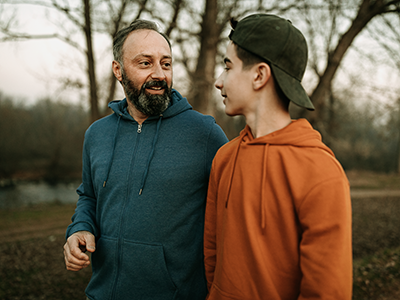


Leave a Comment
Want to join the discussion?Feel free to contribute!